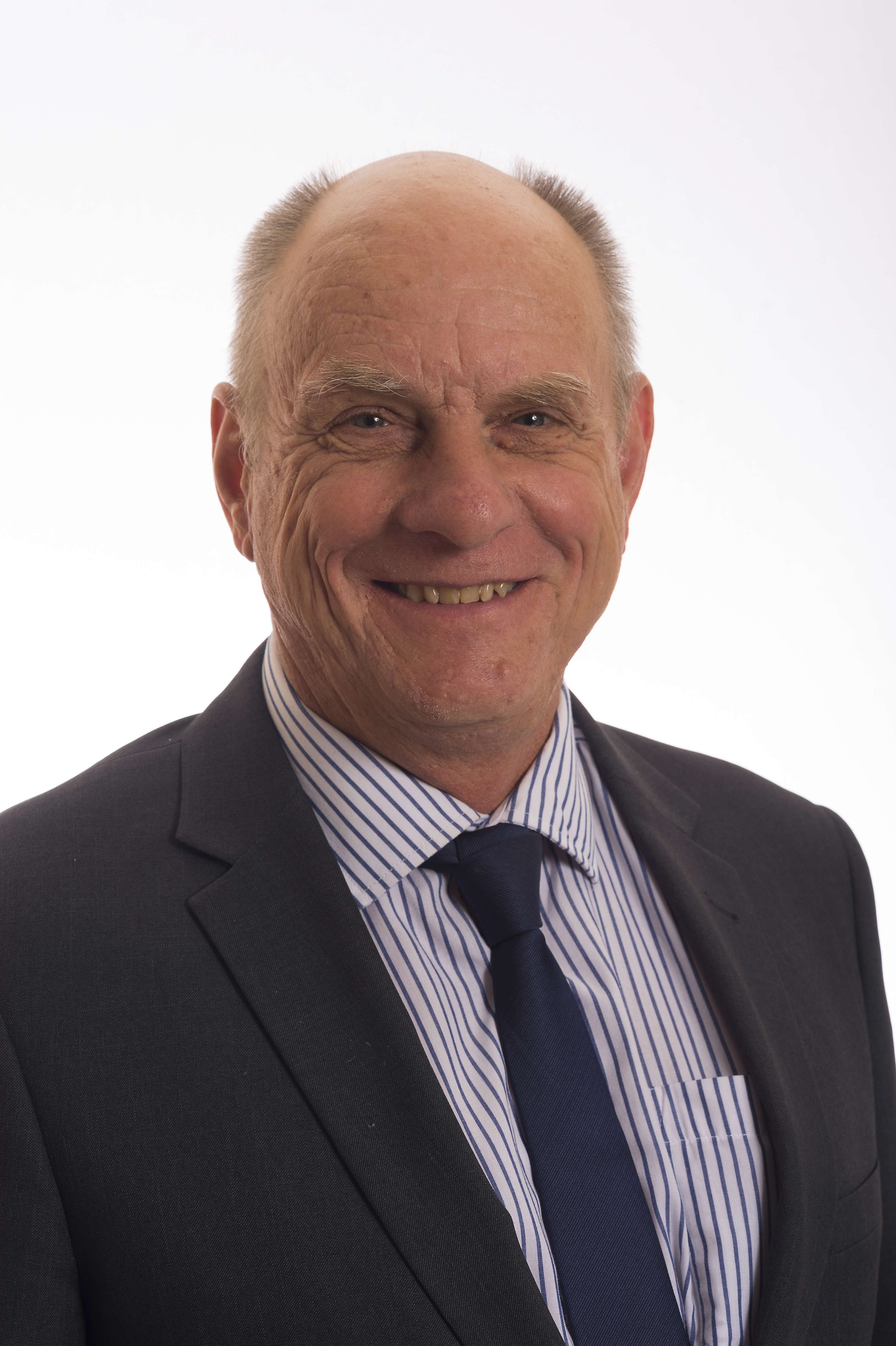

Welcome to the 8 Questions, where we ask senior figures in the sector the questions every business leader and ambitious professional wants answered. In this edition, Erwin Deppe Head of Major Projects, Essex Highways is asked what is needed to deliver successful infrastructure projects.
Join other savvy professionals just like you at CIHT. We are committed to fulfilling your professional development needs throughout your career
>>> Exclusive to members: read the award case study here

For all major infrastructure projects there needs to be a demonstrated need for the intervention with agreed and achievable objectives. This facilitates support and collaboration for the project.
Regional collaboration was key on this project where we were able to achieve both National Highways (NH) and Essex County Council (ECC) aspirations through collaborative working. The M11 Junction 7A scheme combined two emerging in-development schemes into one. ECC were seeking to relieve congestion along the A414,opening up job opportunities, accommodating housing growth and implementing a new access to the strategic network. NHwere considering an upgrade of the existing M11 J7 to drive improved operational safety and reduce congestion.
The scheme faced a challenging, accelerated delivery programme to meet funding constraints. Therefore, the project teamsuccessfully accelerated activities such as ground investigation and significant elements of the preliminary design. This alsoallowed aspects of the scheme to be de-risked due to the earlier availability of information. Advanced works contracts weredelivered, including statutory undertakers’ diversions to avoid potential delays when the main contract commenced. The project team ran several collaborative planning sessions and a procurement workshop with ECC to develop a robust 5-year programme. This aligned the project with the requirements of NH’s Road Investment Strategy 1 delivery, identifying andmitigating the programme risks.
A joint approach by key stakeholdersproduced a scheme that has addressed a longstanding road network issue, facilitated growth and created better connectivityfor residents, businesses and visitors.
Besides the traditional economic benefits of projects, we now need to consider wider project benefits relating to sustainable development and growth of communities. This includes climate change, the carbon agenda, sustainability and also safety and security.Public acceptability of infrastructure projects can also be a challenge which requires a well structured engagement strategy and plan.
To maximise collaboration between the main parties, the ECC / NH Project Board was formed. An agreed communication andengagement strategy was in place from inception, which meant that that there was a continuous dialogue with keystakeholders, both locally (politicians / organisations / public) and with strategic partners (NH / South-East Local EnterprisePartnership / local authorities).Extensive consultation with the public and key stakeholders included two public information events and a formal consultation.
Success was measured on a number of occasions. Initial success was to bring NH and ECC together to promote and deliver a single solution for the region. Ongoing success was the collaborative working between NH and ECC for the duration of the project. A milestone success was to deliver the scheme to a tight programme when it was successfully opened to traffic in June 2022 achieving all the combined objectives. The final measure of success is with the monitoring and evaluation activities that are underway post opening of the project.
Inflation on infrastructure schemes came from no-where and is a key consideration at the moment. Leaders need to be thinking about modal shift to facilitate more sustainable travel and reduce the demand on the highway networks. Climate change impacts and Carbon reduction are key priorities to be considered. 'Placemaking' and safe/secure/sustainable communities is a key focus.

Join other savvy professionals just like you at CIHT. We are committed to fulfilling your professional development needs throughout your career
Sign up to the APM Newsletter.